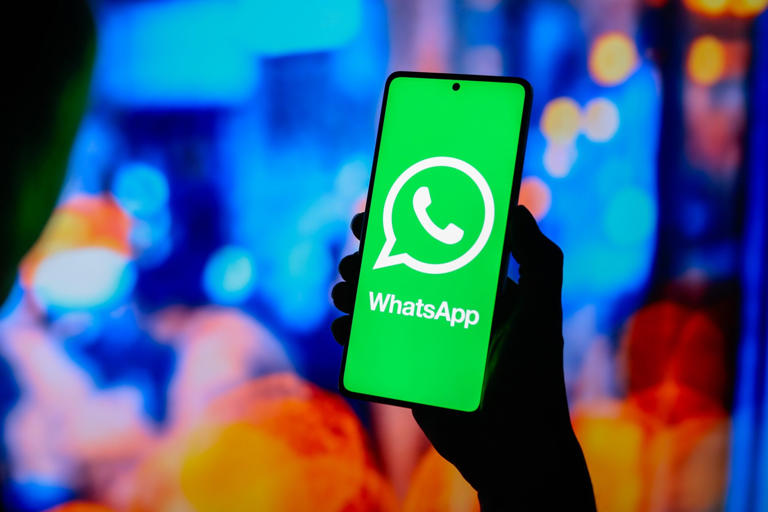The dawn of 2025 will herald a technological shift for a select group of smartphone users, specifically those clinging to devices of a certain vintage. While most of the world moves forward with newer technology, those who have meticulously maintained their older phones will face a hurdle in the form of WhatsApp compatibility updates. These updates, slated for implementation in two phases throughout 2025, will render the popular messaging app unusable on a specific list of outdated Android and iPhone models. While the number of affected users is likely small, representing a niche group committed to extending the lifespan of their devices, the change underscores the inevitable march of technological progress and the eventual obsolescence of even the most cherished gadgets.
The first wave of change will arrive on January 1, 2025, targeting Android devices running the KitKat operating system or older. While some users with KitKat may be able to update their OS to a compatible version, a significant number of older phone models are no longer receiving official updates from their manufacturers. This effectively strands them on outdated operating systems, unable to meet WhatsApp’s new requirements. The affected Android devices represent a roster of once-popular models, including the Samsung Galaxy S3, Galaxy Note 2, Galaxy Ace 3, and Galaxy S4 Mini; the Motorola Moto G (1st Gen), Razr HD, and Moto E 2014; the HTC One X, One X+, Desire 500, and Desire 601; the LG Optimus G, Nexus 4, G2 Mini, and L90; and the Sony Xperia Z, Xperia SP, Xperia T, and Xperia V. For these devices, continuing to use WhatsApp after January 1 will require unofficial, potentially risky modifications that could void warranties and even render the phone inoperable.
The rationale behind these updates, according to Meta, the parent company of WhatsApp, is to maintain the app’s security and functionality while ensuring compatibility with the ever-evolving landscape of newer smartphones. This constant evolution necessitates periodic compatibility adjustments, leaving behind older operating systems that can no longer support the app’s evolving features and security protocols. This is a common practice in the tech world, as maintaining support for obsolete systems becomes increasingly resource-intensive and can hinder innovation.
The second phase of WhatsApp’s compatibility update will take effect on May 5, 2025, impacting older iPhones. Specifically, iPhones running iOS versions prior to 15.1 will no longer be able to run the app. While many iPhone users can seamlessly update their operating systems, a subset of users with particularly old devices are limited to iOS 12.5.7, the final update available for their hardware. This means that after May 5, the iPhone 5s, iPhone 6, and iPhone 6 Plus will join the ranks of unsupported devices, despite still being functional in other respects.
This compatibility shift affects both the standard WhatsApp application and WhatsApp Business, which share the same system requirements. This highlights the importance of keeping software updated, not just for individual users but also for businesses relying on the platform for communication. For businesses using these older devices, the May 5 deadline emphasizes the need to upgrade to newer hardware to maintain uninterrupted access to WhatsApp Business and its associated features.
The impending WhatsApp compatibility changes serve as a reminder of the cyclical nature of technology. While extending the lifespan of devices is commendable from both an environmental and economic standpoint, the inevitable march of progress eventually necessitates upgrades. For those affected by these changes, 2025 marks a crossroads—a time to decide whether to embrace newer technology or explore alternative communication methods. This transition, while potentially frustrating, highlights the dynamic nature of the digital landscape and the continuous evolution of software and hardware. For the vast majority of users on newer devices, these changes will be imperceptible, but for those clinging to their older phones, it signifies the end of an era.














